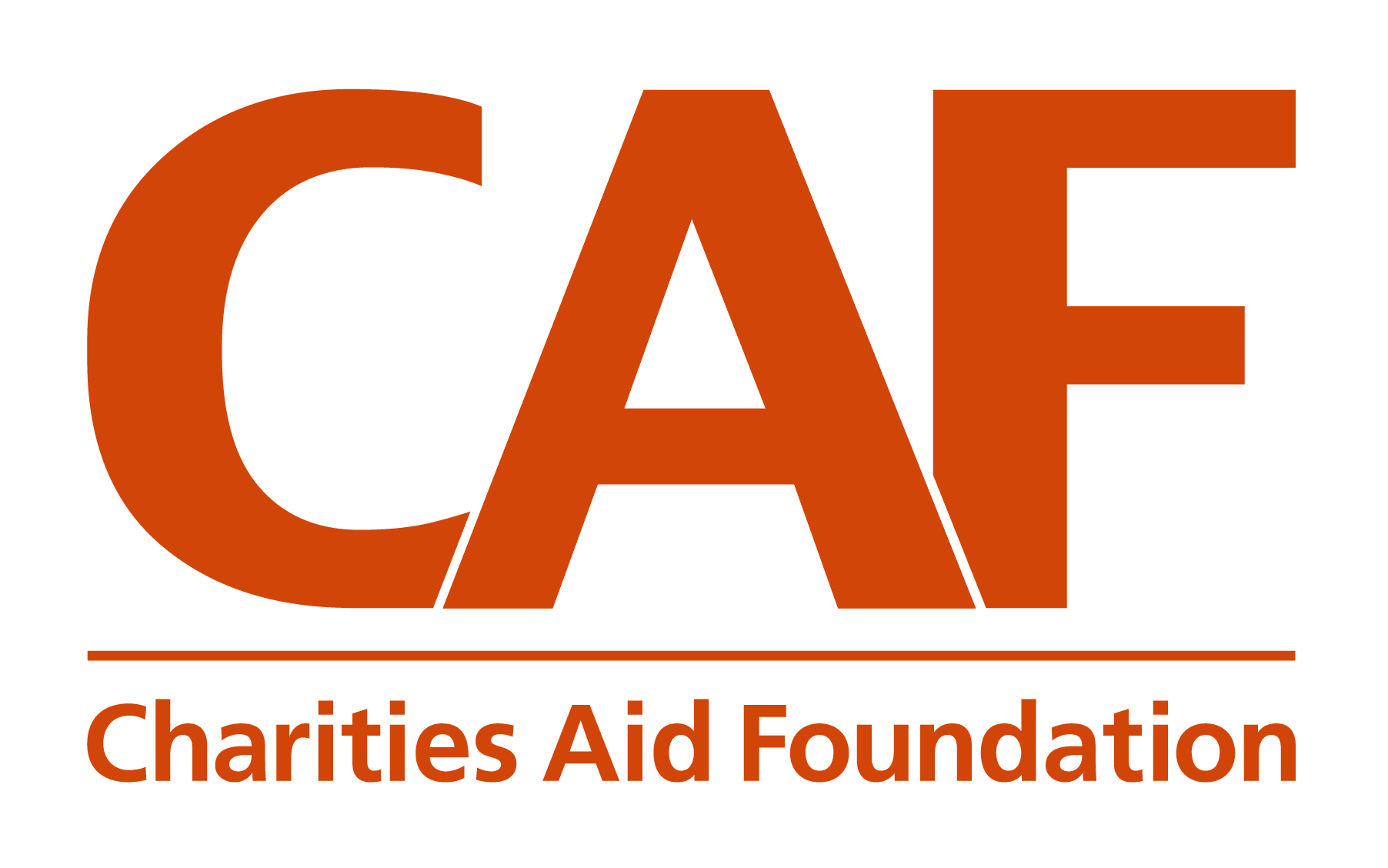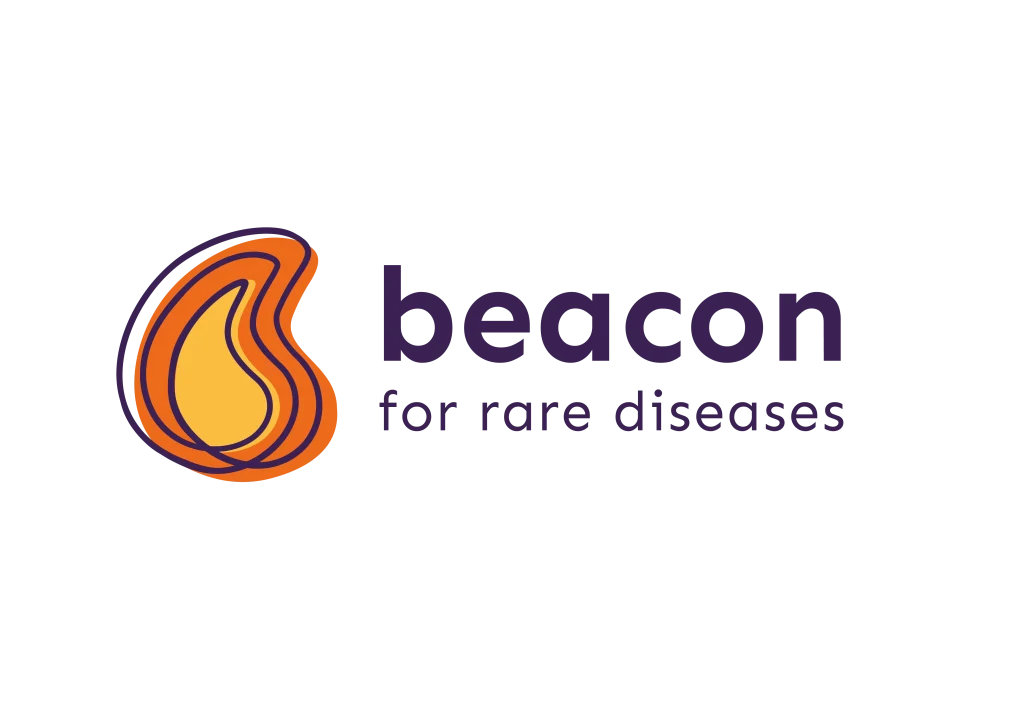Charities and those they help are facing pressure from the combined challenges of inflation, the cost-of-living crisis, and the changing regulatory landscape. CAF’s latest UK Giving report found that fewer people are giving to charity than in previous years, meaning many charities are experiencing additional financial strain. It is therefore necessary for charities to ensure they maximise their outputs using existing resources – which is where our tips come in.
Productivity might seem like a buzzword, but it can be a valuable prompt for people and organisations to ask themselves questions to improve their impact. These include: is there a smarter way for us to do our work? Are there resources currently underused? And what can we do right now to ensure our charity is better equipped to meet future challenges?
Our five recommendations below explain how charities can improve their productivity and, in turn, positively impact those they seek to help.
Invest in training and technology
If your charity has the resources to do so, investing in training and technology can help upskill employees and streamline processes, leading to time saved on the tasks that are integral to keeping operations running smoothly.
Examples include digitising or automating time-consuming processes where possible, and investing in equipment or services which could incur an initial cost, but that pay dividends through more efficient working.
If your charity is not currently able to spend money, consider collaborating with other charities to organise training or share skills. It might also be beneficial to explore what free resources exist for charities, their employees, and their trustees.
Audit your employees’ and trustees’ skills
Completing a skills audit can be a simple way to identify untapped potential and opportunities to boost productivity within teams and across your organisation.
Employees and volunteers may well have a wealth of skills, both widely applicable and niche, that the charity does not take advantage of because of the specifications of their roles. Asking employees and volunteers about their wider skills or areas of expertise can be a great way of discovering opportunities to benefit your charity which has been part of your workforce all along.
Some things to look for include: IT competencies; writing abilities; stakeholder engagement experience; media or lobbying experience or potential; management experience; an understanding of finances in small business contexts; non-English language skills; lived experience related to your charity’s remit; and photography and graphic design talent.
Look for collaboration opportunities
Collaborating with other charities can be a highly effective and cost-efficient way for organisations to achieve desired outcomes without the expense of paying for contractors.
Charities can benefit from combining their efforts to take advantage of opportunities. For instance, you can explore:
- holding a fundraiser jointly in order to access new – and more – donors
- splitting training costs by accessing training opportunities together
- offering to use your skills, equipment, and expertise to ‘peer mentor’ another charity, in exchange for them doing the same for you
- combining your voices in lobbying for policy change, to increase your chances of being heard.
Make the the most of reporting
Reporting is nonoptional for charities – so why not be strategic about it and make the most of it?
Try prioritising writing thoughtful, deliberate, meaningful reports within your charity such as audit reports, impact reports, and annual reports. These can be more than documents produced to tick a box; rather, each offers an opportunity for charities to deepen their connections with existing stakeholders and showcase their work to new stakeholders.
There are various ways to make your reporting more meaningful. Try asking: what is the message this report communicates to readers about my charity? And what is the message I want it to communicate?
Good reports are written honestly and transparently, reflecting on what went right, what went wrong, and how the charity intends to do better in the future. Good reports also serve to reiterate a charity’s values and mission to readers and stakeholders, leaving these in no doubt as to why the charity’s work is important. Writing reports well can have a significant impact on stakeholder engagement and loyalty, so try viewing it as an opportunity as well.
If your charity needs help to incorporate data and storytelling into its report, you can also access free support via organisations like Pro Bono Economics.
Invest in wellbeing
Last but never least: a productive charity is one where employees and volunteers feel welcome, valued, and supported. Investing in wellbeing can be as simple as normalising leaving work at a reasonable hour, encouraging employees to eat lunch away from their desks, and offering chances for employees and volunteers to mingle in casual contexts, such as through morning teas, after-work drinks, and team-building days. It can also involve actively supporting diversity and inclusivity initiatives by hosting panel events and guest speakers or organising anti-bias training. Investing in wellbeing does not have to be expensive and it can make a big difference in work culture and a charity’s productivity – so it is well worth prioritising! And have fun with it, too. Building a stronger and happier culture is meaningful work.






